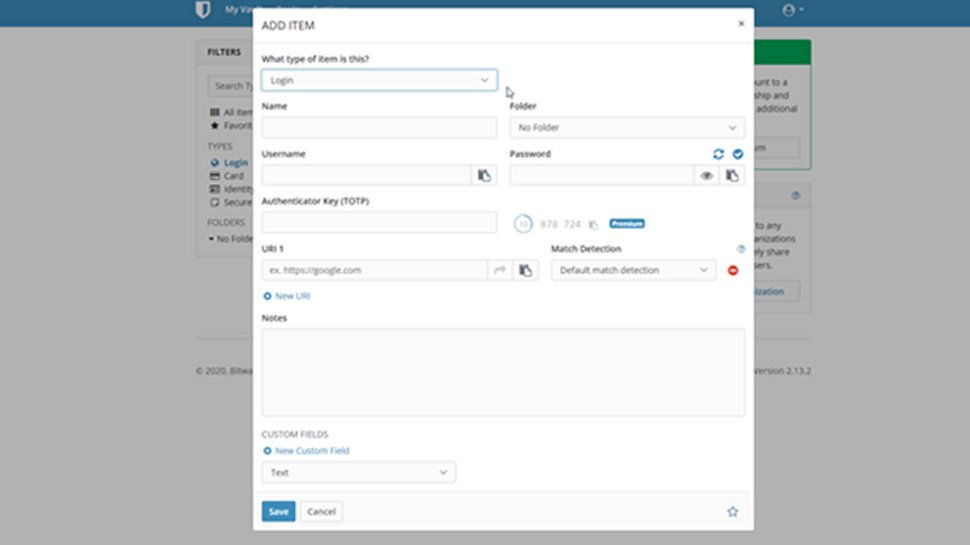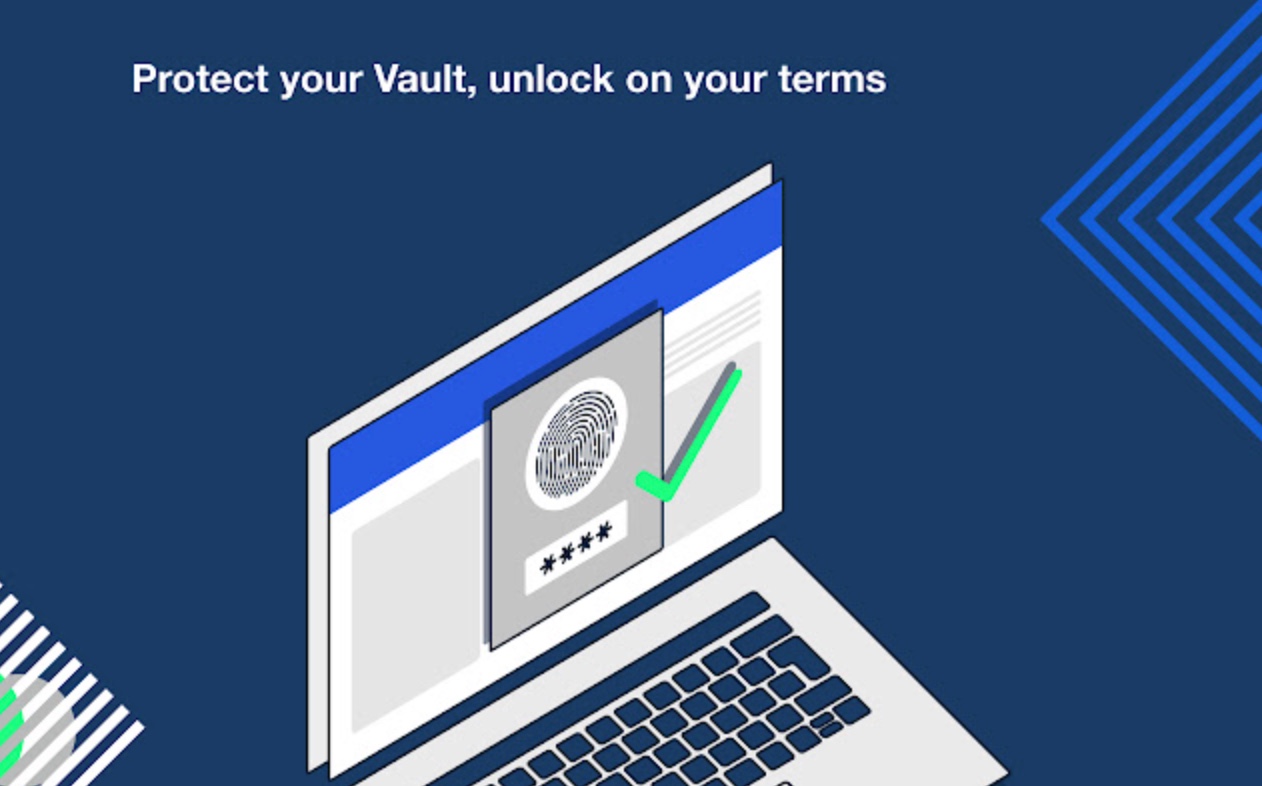
 must support Windows, MacOS, and Linux OSs,.
must support Windows, MacOS, and Linux OSs,. 
on your mobile platforms (because most services you use via apps or browsers require authentication).in your browser (for web apps that require authentication), and.
 your desktop/laptop, where you need to remember logins for a variety of apps and services,. It needs to work in whatever context you need a password. You only need to remember one really strong password/phrase to unlock all of them. It needs to store your passwords somewhere in an encrypted form (so if someone gets your password database, they can't work out your entire collection of passwords). A good password manager has to do a bunch of things to be really useful: Password Managers (or keepers or safes) have emerged as that "clever software". I'm going to explain how I've addressed this issue of digital hygiene for myself, and how you can do it for yourself, and your entire family, social circle, or community. This is relatively easy to do in theory, with the aid of clever software, but it's something desperately few people do well in practice. One of the key requirements of pursuing Good Digital Hygiene is using strong passwords, and a different strong password for every application.
your desktop/laptop, where you need to remember logins for a variety of apps and services,. It needs to work in whatever context you need a password. You only need to remember one really strong password/phrase to unlock all of them. It needs to store your passwords somewhere in an encrypted form (so if someone gets your password database, they can't work out your entire collection of passwords). A good password manager has to do a bunch of things to be really useful: Password Managers (or keepers or safes) have emerged as that "clever software". I'm going to explain how I've addressed this issue of digital hygiene for myself, and how you can do it for yourself, and your entire family, social circle, or community. This is relatively easy to do in theory, with the aid of clever software, but it's something desperately few people do well in practice. One of the key requirements of pursuing Good Digital Hygiene is using strong passwords, and a different strong password for every application.








